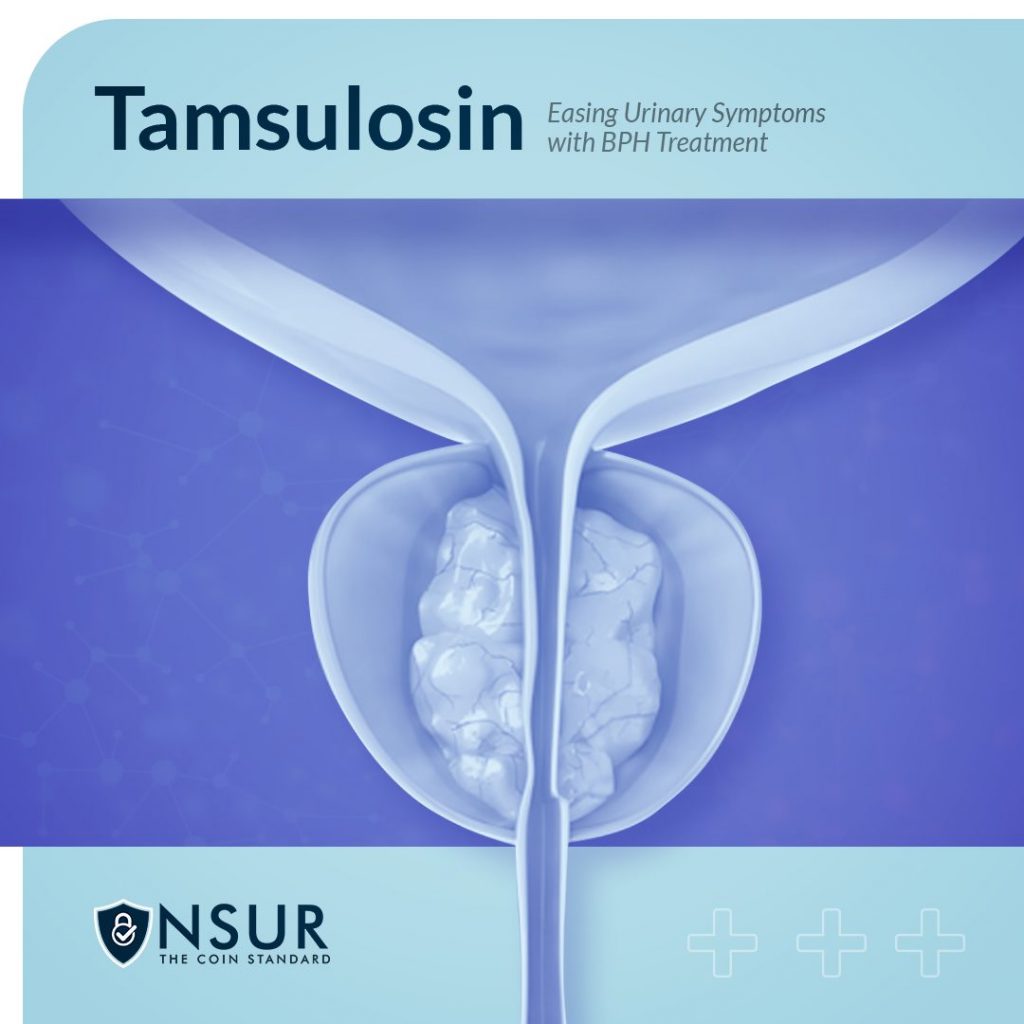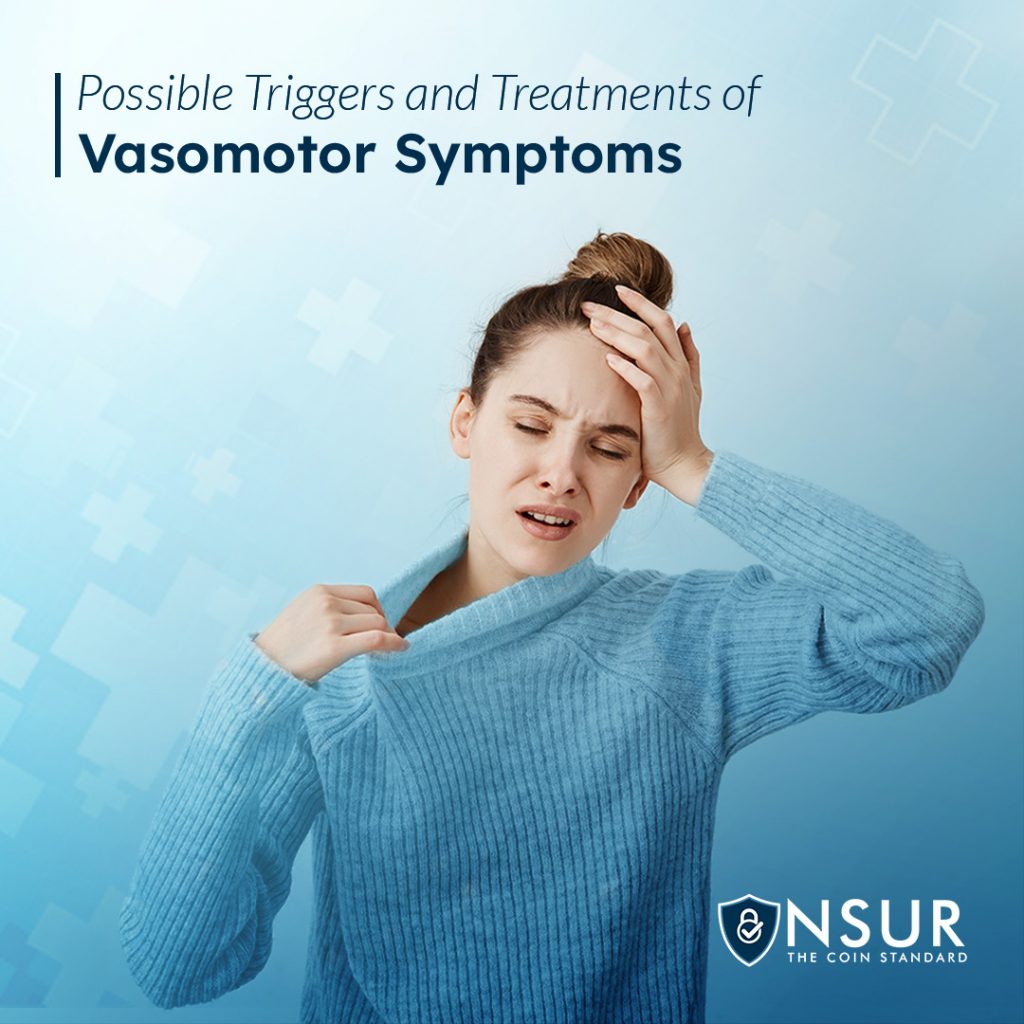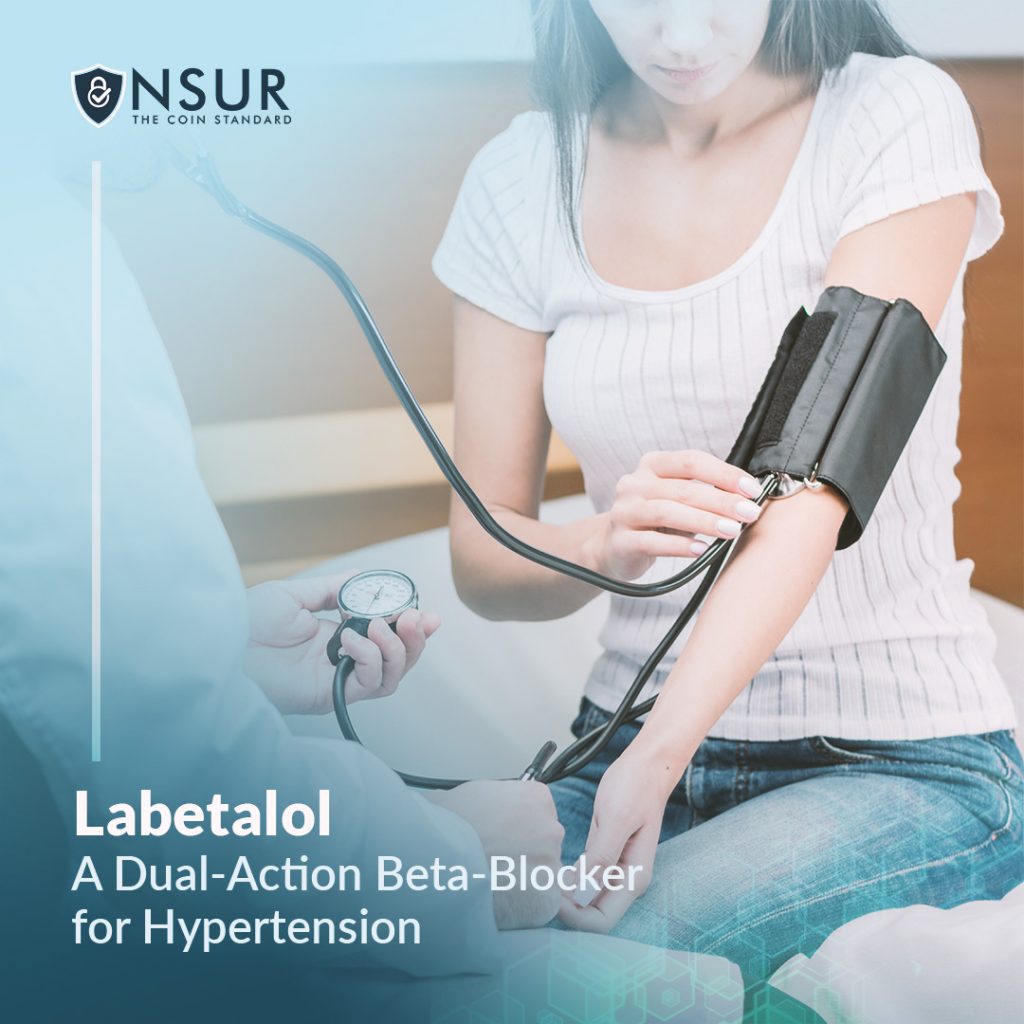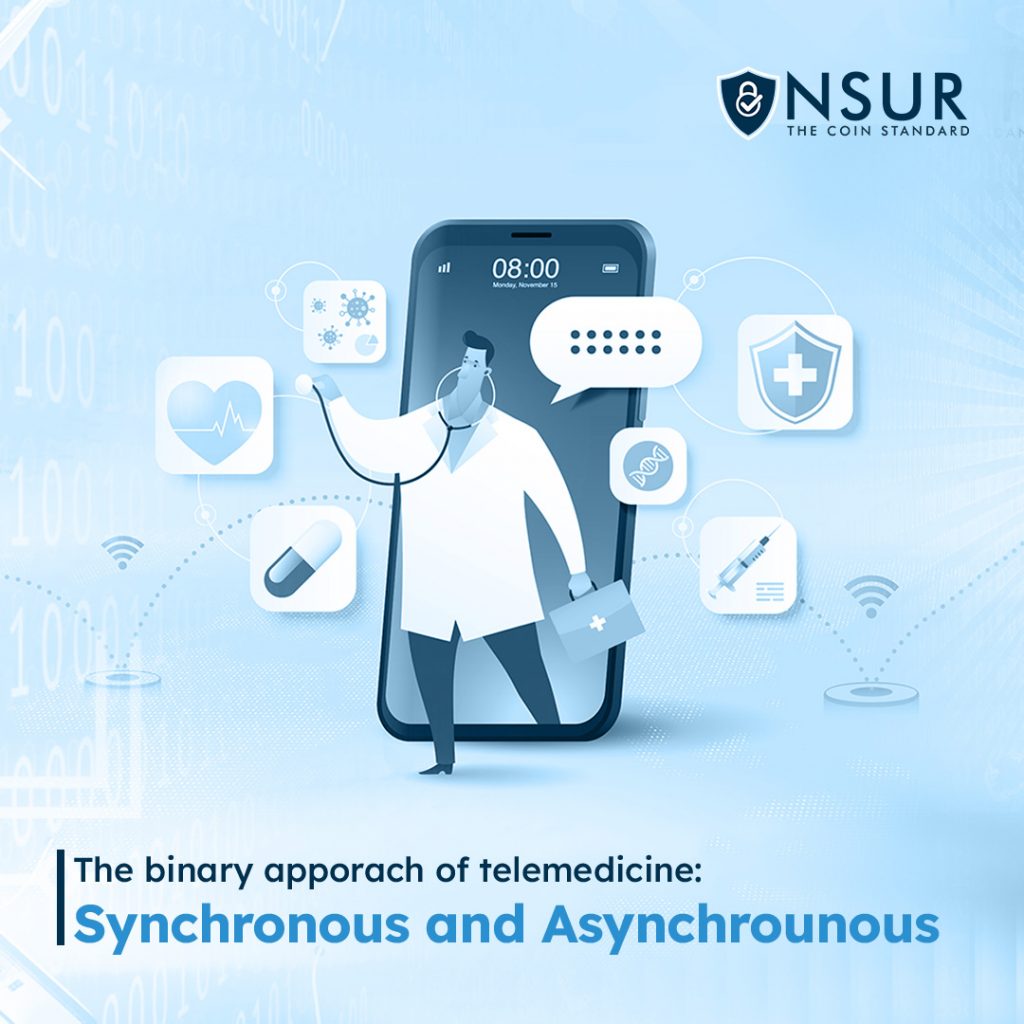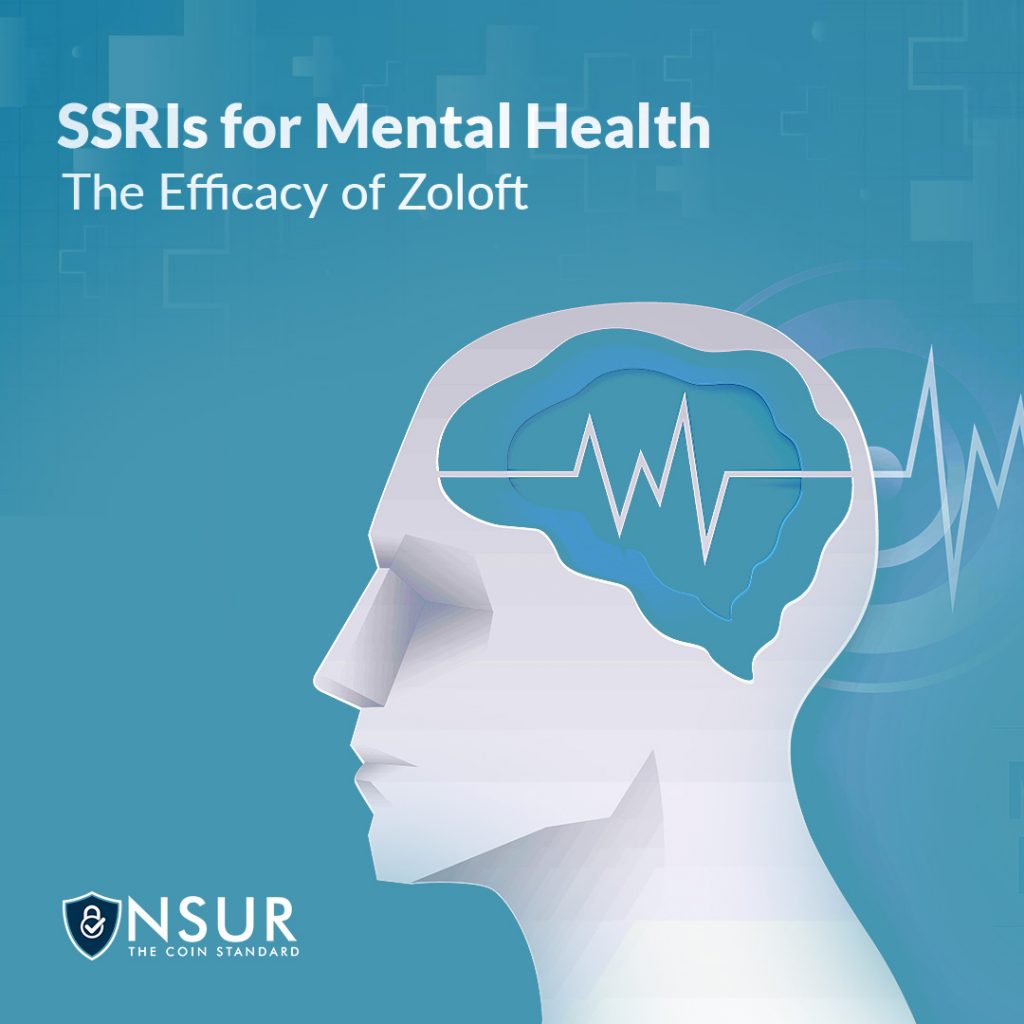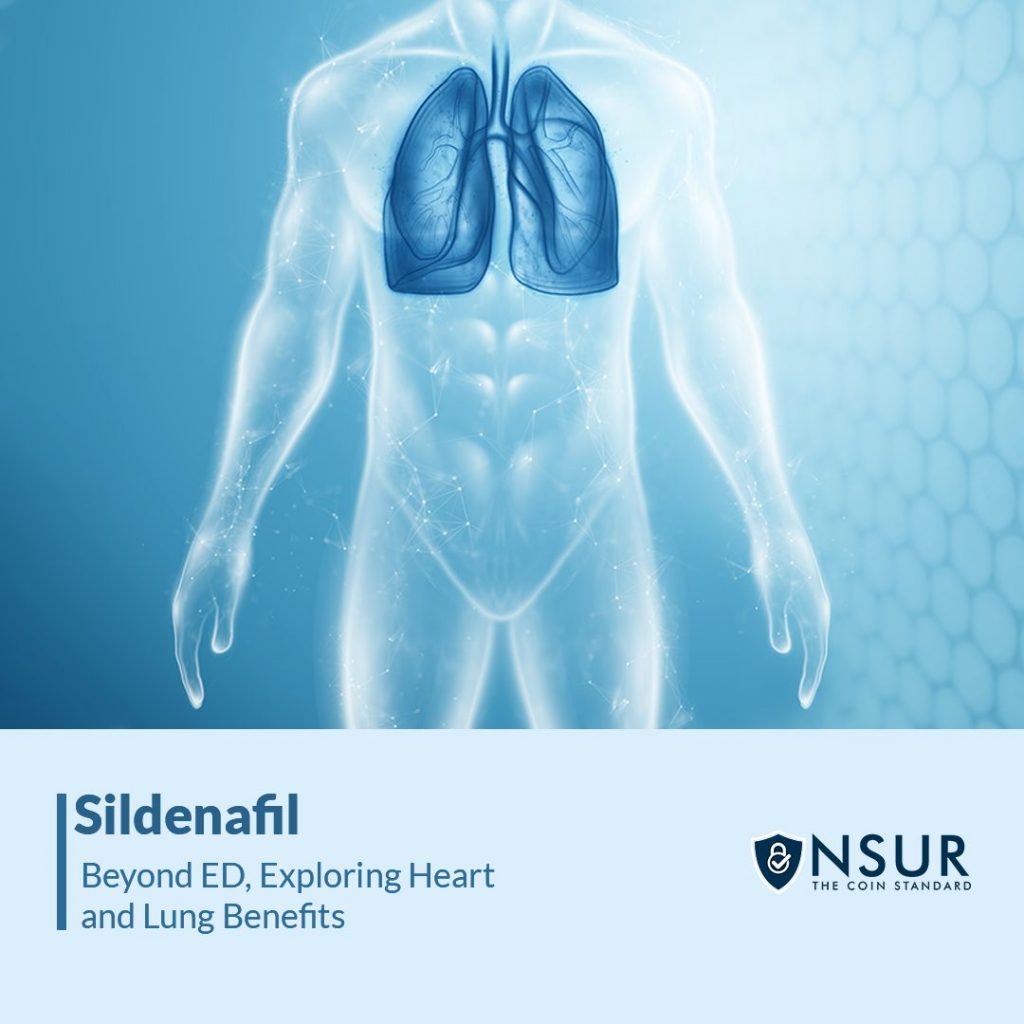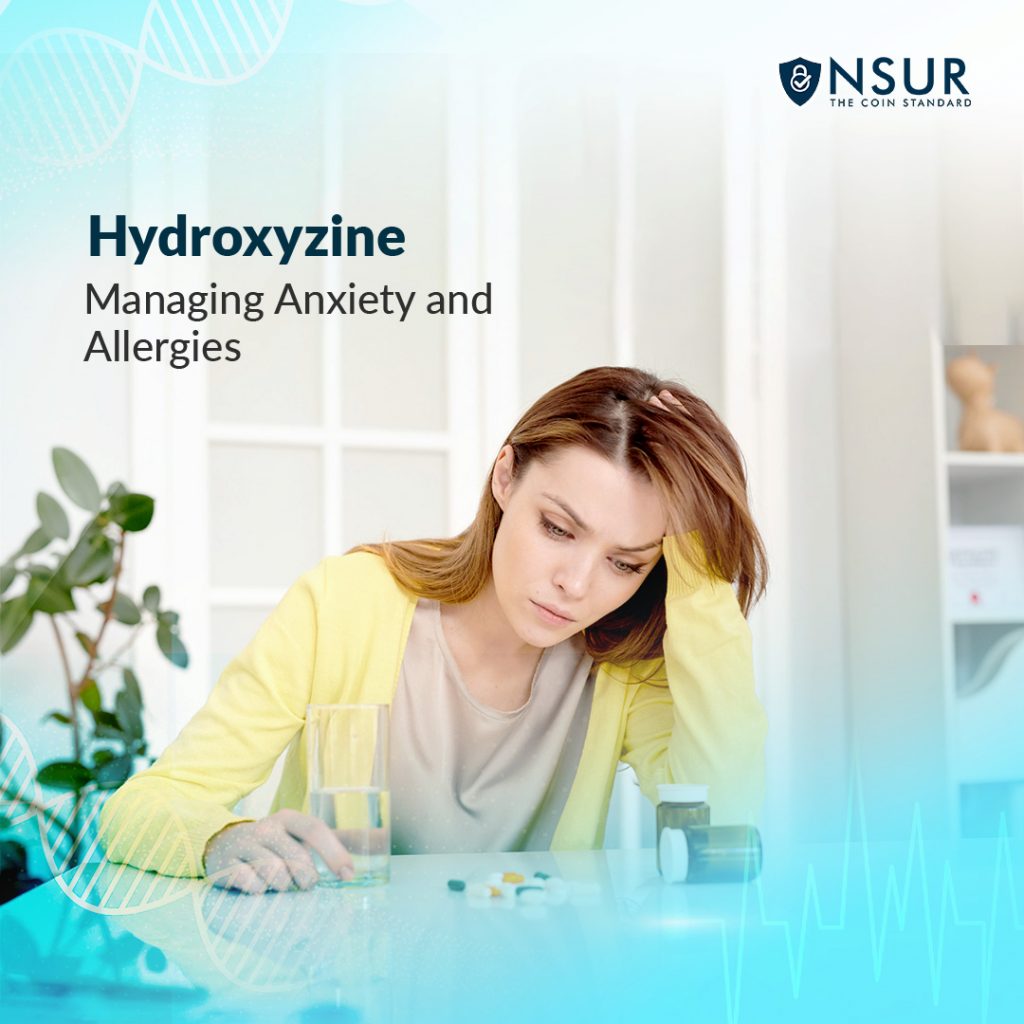
In the fast-paced world we live in, the prevalence of anxiety disorders and allergic reactions is on a steady rise. It’s crucial to have effective management strategies for these conditions. Hydroxyzine, a medication developed in the 1950s, has emerged as a versatile treatment option for both anxiety and various allergic reactions. This blog post aims to delve into the multifaceted role of Hydroxyzine, its benefits, and considerations for its use.
Understanding Hydroxyzine: What Is It?
Hydroxyzine is classified as an antihistamine. Primarily, it’s known for its ability to block histamine, a substance in the body that triggers allergic symptoms. However, Hydroxyzine stands out among other antihistamines due to its effectiveness in also treating anxiety.
Managing Anxiety with Hydroxyzine
- How It Works: Unlike typical anti-anxiety medications, Hydroxyzine functions by suppressing activity in certain regions of the brain. This results in a calming effect, which is beneficial for those experiencing anxiety or tension.
- Usage: Hydroxyzine is often prescribed for short-term management of anxiety. It’s particularly helpful in situations where traditional anxiolytics, like benzodiazepines, might be inappropriate or risky due to their potential for dependence or abuse.
- Advantages: One significant advantage of Hydroxyzine over other anxiety medications is its low potential for addiction. This makes it a safer option for individuals who might be at risk of substance abuse.
Tackling Allergies with Hydroxyzine
- Histamine Blockade: By blocking the action of histamine, Hydroxyzine effectively reduces allergy symptoms like itching, swelling, and rashes. It’s often prescribed for conditions like urticaria (hives) and dermatitis.
- Dosage and Effectiveness: The effectiveness of Hydroxyzine in managing allergic reactions is dose-dependent, and it’s generally well-tolerated by patients. However, it’s essential to follow a healthcare provider’s prescription to avoid overdosage or adverse effects.
Considerations and Side Effects
- Drowsiness: A common side effect of Hydroxyzine is drowsiness. While this can be beneficial for those with anxiety, it may be inconvenient for others. Caution is advised when driving or operating heavy machinery.
- Other Side Effects: Some people may experience dry mouth, blurred vision, or confusion. These side effects are typically mild and transient.
- Interactions: Hydroxyzine can interact with other medications, especially those that cause drowsiness. It’s important to inform your healthcare provider about all medications you’re taking.
- Not for Everyone: Hydroxyzine should be used with caution in individuals with certain medical conditions like glaucoma, heart problems, or urinary retention.
Take advantage of NSURx for your prescription drugs!
With the NSURx Prescription Benefit Card, you can save money on your medications at more than 35,000 pharmacies across the United States.
You can save up to 80% on your medication by using an NSURx card. Hundreds of dollars in savings could be yours every time you fill out your prescription.
The more you shop with NSURx, the more NSUR Coins you will receive as a reward.
Conclusion:
Hydroxyzine remains a valuable tool in the medical arsenal for managing anxiety and allergic reactions. Its dual functionality, coupled with a lower risk of addiction, makes it a unique and preferred choice in many cases. However, like all medications, it’s vital to use Hydroxyzine under the guidance of a healthcare professional to ensure its benefits are maximized while minimizing potential risks.
Disclaimer
This blog post is intended for informational purposes only and should not be considered a substitute for professional medical advice. Always consult with a qualified healthcare provider for personalized recommendations and guidance.

